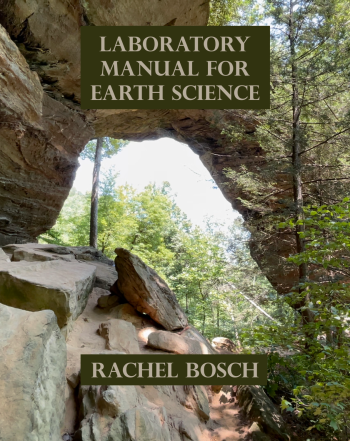Planet Earth: Notes on Earth Systems
Planet Earth was written in support of courses Planet Earth and Earth Science I at the University of Alberta.
The University of Alberta respectfully acknowledges that we are located on Treaty 6 territory, a traditional gathering place for diverse Indigenous peoples including the Cree, Blackfoot, Métis, Nakota Sioux, Iroquois, Dene, Ojibway/ Saulteaux/Anishinaabe, Inuit, and many others whose histories, languages, and cultures continue to influence our vibrant community.
In addition, sections of the book were written in Mi’kma’ki, unceeded territory of the Mi’kmaq.
Many of the examples described come from these and other Indigenous territories worldwide. We respect and acknowledge the priority of Indigenous people with the landscape that we study, and strive for a better relationship between all the peoples of the Earth and their planet.
This is version 0.94






